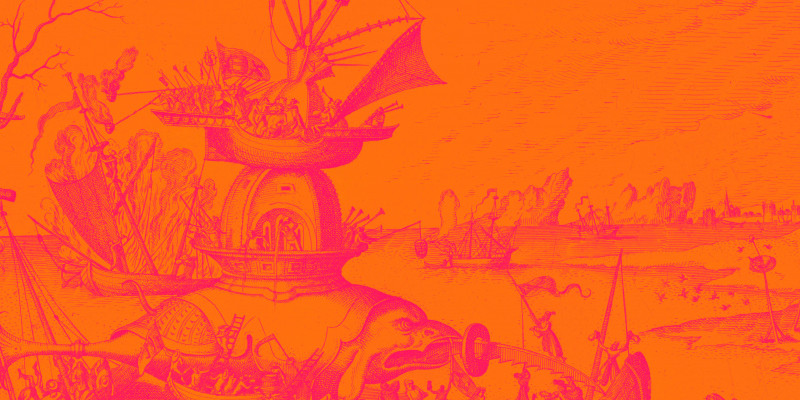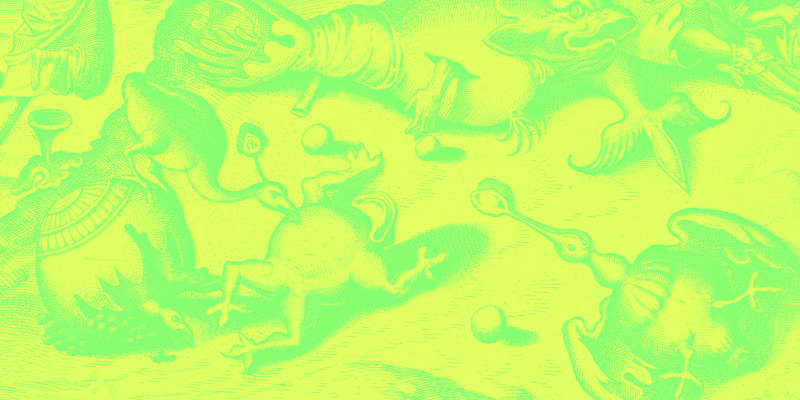Sonic Worlds Collide – Sounds from Ukraine
This audio paper is an attempt to reflect on the dynamics of long-distance communication at a time of crisis, and the ethics of recording and exchanging audio as a way of connecting at times contrasting material realities. To do this, we draw inspiration from Kanngieser's notion of acoustic politics of voice. Borrowing from Brandon Labelle, they describe the use of sound as a »method to engage in, and elaborate upon, contemporary globalized political landscapes that require more networked and situational understandings« (Kanngieser 2012, 337). The field recordings exchanged as part of this process between the two authors of the audio paper, are already a kind of »auditory geography«, or what Anderson and Rennie (2016) call »self-reflexive narratives«. Even seemingly neutral field recordings are more than a sonic capturing of space: they are »auto-topographic«, narrating both self through site and site through self within the medium of sound.
The audio paper is not an attempt of creating a documentary: instead, we reflect on the fact that audio documentation of e.g. warfare soundscapes may present as archivalmaterial. Field recordings, even ones that omit the recordist, are productions of the recordist's intention, location, state of mind. In this audio essay we interrogate the autoethnographic in soundscapes by engaging with the narratological nature of field recordings in their ability to convey not only affect but also memory, history, and context.



